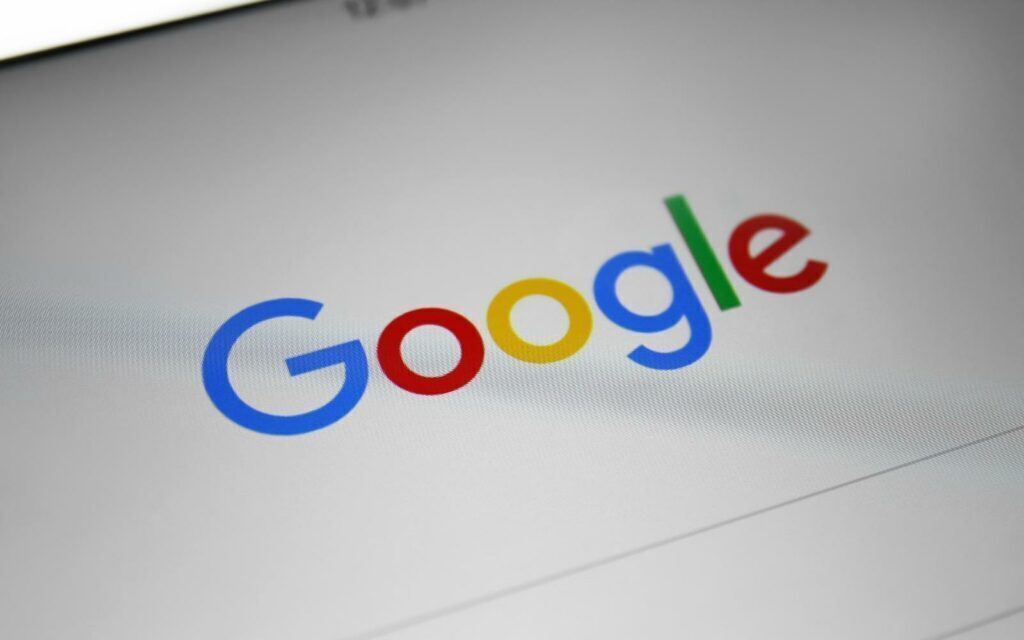Google makes at least thirty cents of every US dollar in advertising for website publishers, the US government says in a groundbreaking antitrust lawsuit.
Filed last month, the lawsuit is over “violations of the Sherman Act to halt Google’s anticompetitive scheme, unwind Google’s monopolistic grip on the market, and restore competition to digital advertising,” argues the US government and several States.
The 133-year-old antitrust act is the principal US legislation to prevent monopolistic abuse, and has been previously evoked against Microsoft in 1999.
While search is the biggest source of revenue for Google and its parent company Alphabet, it makes a significant amount of money from display advertising – where it shows adverts on other publishers’ websites.
“The harm is clear,” claim the plaintiffs, “website creators earn less, and advertisers pay more, than they would in a market where unfettered competitive pressure could discipline prices and lead to more innovative ad tech tools that would ultimately result in higher quality and lower cost transactions for market participants.”
The ultimate consequences “hurts all of us” because publishers earn less advertising revenue and therefore resort to “subscriptions, paywalls, or alternative forms of monetisation”.
The lawsuit points out “one troubling, but revealing, statistic” which is that “Google keeps at least thirty cents – and sometimes far more – of each advertising dollar flowing from advertisers to website publishers through Google’s ad tech tools.”
Pointedly, it adds: “Google’s own internal documents concede that Google would earn far less in a competitive market.”
The damning indictment is a lesson in how to buy yourself into monopolistic control – which has been a common cause in the internet and publishing industry for at least the last decade.
The US government contends that the “industry behemoth… has corrupted legitimate competition in the ad tech industry by engaging in a systematic campaign to seize control of the wide swath of high-tech tools used by publishers, advertisers, and brokers, to facilitate digital advertising.
“Having inserted itself into all aspects of the digital advertising marketplace, Google has used anticompetitive, exclusionary, and unlawful means to eliminate or severely diminish any threat to its dominance over digital advertising technologies.”
The lawsuit states that “the seeds for Google’s eventual march toward a monopoly in ad tech were sown in the early 2000s,” when it capitalised on its well-known search engine to start a profitable search advertising business.
Google launched Google Ads in 2000, which sold advertising to appear next to the search results. The “power of this instantaneous, highly-targeted advertising technique,” proved popular for the nascent digital advertising industry and they “flocked” to the service.
Realising that its advertisers would also buy ads on third-party websites, the lawsuit alleges that Google inserted itself “to profit (as a middleman) on digital advertising transactions” which had nothing to do with its core search business.
As it was “not satisfied with its dominance on the advertising side of the industry alone; Google devised a plan to build a moat around the emerging ad tech industry by developing a tool that would be used by website publishers as well,” write the plaintiffs, with their own emphasis.
Google therefore developed a self-service publisher ad server for these publishers to manage their own online advertising sales. This was “key to having visibility into, and control over, the publisher side of digital advertising. By controlling the publisher ad server on the other end of the transaction, Google could further entrench its advertiser customer base.”
Strikingly, the plaintiffs charge, that “by becoming the dominant player on both sides of the digital advertising industry, Google could also play both sides against the middle. It could control both the publishers with digital ad space to sell, as well as the advertisers who want to buy that space. With influence over advertising transactions end-to-end, Google realized it could become ‘the be-all, and end-all location for all ad serving’.”
But, amazingly, Google’s own publishing software “failed to gain traction in the industry”. In 2008, it “pivoted” to buying the market-leading ad tech firm, DoubleClick, which had a 60% market share.
“The DoubleClick acquisition vaulted Google into a commanding position over the tools publishers use to sell advertising opportunities, complementing Google’s existing tool for advertisers, Google Ads, and set the stage for Google’s later exclusionary conduct across the ad tech industry.”
The US government’s case pivots on that “Google was robbing from Peter (the advertisers) to pay Paul (the publishers), all the while collecting a hefty transaction fee for its own privileged position in the middle.”
Shockingly, this “turned the entire purpose of the digital advertising industry on its head. Rather than helping to fund website publishing, Google was siphoning off advertising dollars for itself through the imposition of supra-competitive fees on its platforms. A rival publisher ad server could not compete with Google’s inflated ad prices, especially without access to Google’s captive advertiser demand from Google Ads.”
Read More: Google’s Bard provides inaccurate info in promotional video costing Alphabet $100 billion
This is classic anticompetitive behaviour and Google’s “outsized” dominance, as the US government alleges, has resulted in similarly outsized profits that are plain to see.
In sum, the plaintiffs argue, Google typifies the lifecycle of a “scrappy startup” to an “industry behemoth”.
“Two decades ago, Google became the darling of Silicon Valley as a scrappy startup with an innovative way to search the emerging internet. That Google is long gone,” the suit alleges.
Today Google is a “monopoly gatekeeper for the internet” that has used “pernicious” anticompetitive tactics to maintain and extend its monopolies. How the innovative have fallen.
- This column first appeared in the Financial Mail




